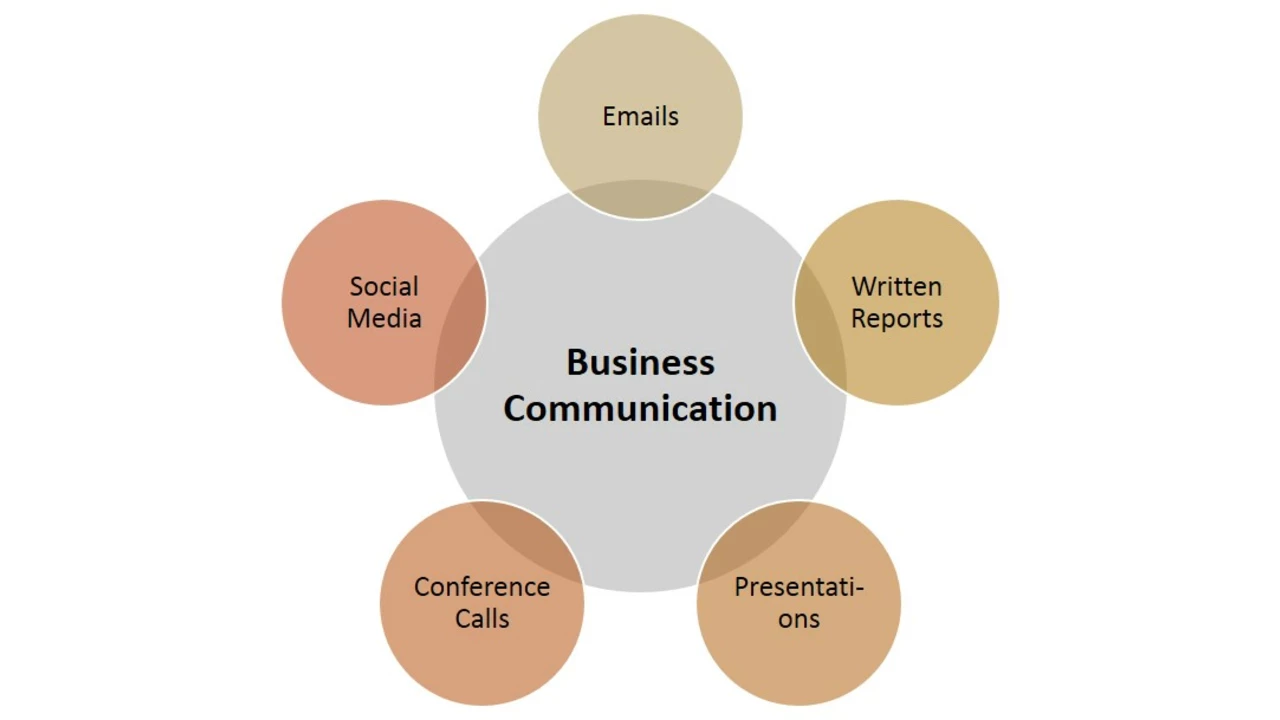The Influence of Alcohol on Perceptions and Judgments
Alcohol is known to alter perceptions and judgments. Although many may believe that drinking brings out the truth in people, it's crucial to understand that alcohol can distort reality. Many times, people say things they wouldn’t ordinarily say because their inhibitions are lowered. They may express thoughts that are exaggerated or completely out of character. It’s not to say that everything said while under the influence is false, but it should be taken with a grain of salt.
The Expression of Hidden Feelings
Some argue that alcohol can be a truth serum, allowing people to express feelings they've been hiding. This can sometimes be the case, but it's important to remember that not everything said while drinking is a deeply held belief. A drunk person might say something because it seems right in the moment, not because they’ve been harboring these feelings for a long time. Context is key in these situations.
The Role of Alcohol in Confidence Boosting
Alcohol can boost confidence, leading individuals to say things they usually wouldn't. This can result in declarations of love, deep confessions, or bold statements. However, the confidence boost provided by alcohol is temporary, and the person might not feel the same once they're sober. Therefore, these statements should be reassessed in sobriety.
Alcohol and Aggression
Alcohol can increase aggression, leading to arguments and harsh words. It's important to remember that alcohol can amplify negative emotions, leading to potentially hurtful remarks. These outbursts may not reflect the person's true feelings but rather a heightened emotional state induced by alcohol.
The Impact of Alcohol on Memory
Alcohol can impact memory, meaning that the person may not remember what they said while drinking. This makes it difficult to hold someone accountable for their words when they might not even recall saying them. It's essential to have conversations about important matters when both parties are sober and fully aware.
Understanding the Difference Between Drunken Words and Sober Thoughts
It's said that drunken words are sober thoughts, but this is not always true. Alcohol can lead to exaggerated or impulsive statements that don't reflect the person's true feelings or beliefs. It's important to differentiate between what is said in the heat of the moment under the influence and what is said in a sober, thoughtful conversation.
The Effect of Alcohol on Emotional Honesty
Some believe that alcohol leads to emotional honesty, but this is a complex issue. While alcohol can lower inhibitions and lead to more emotional expressions, it doesn't necessarily mean that these emotions are a true reflection of the person's feelings. Alcohol can amplify emotions, leading to dramatic and exaggerated expressions that may not be entirely accurate.
The Role of Alcohol in Revealing Secrets
Alcohol can sometimes lead to the revelation of secrets, but this doesn't necessarily mean the person intended to reveal them. Inhibition lowering effects of alcohol can result in oversharing or saying things that were meant to be kept private. However, this does not always mean that the revealed secrets are the absolute truth, as alcohol can also lead to embellishments or distortions.
Alcohol and Its Impact on Relationships
Alcohol can have significant impacts on relationships, particularly when it leads to hurtful or confusing statements. It's important to have open and honest communication in relationships and to discuss any issues that arise while one or both parties are under the influence. Taking these conversations into sober territory can help to clarify misunderstandings and work towards resolution.
Deciphering Truth from Drunken Ramblings
Deciphering truth from drunken ramblings can be challenging. It takes understanding the context, the individual, and the influence of alcohol. While some truths may be revealed, it's essential to remember that alcohol can distort perceptions and exaggerate emotions. The best way to understand the truth is through sober, open, and honest communication.
